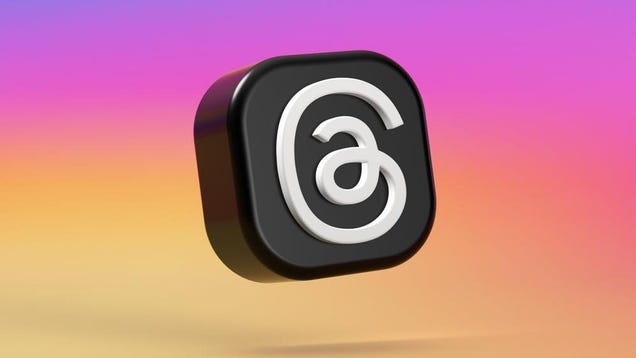
Threads’s chess match against X, formerly called Twitter, continues with the launch of its polls and GIF features on Thursday.

Threads’s chess match against X, formerly called Twitter, continues with the launch of its polls and GIF features on Thursday.

After shoving a Threads carousel into Facebook and Instagram, Meta gets that users might not like it.
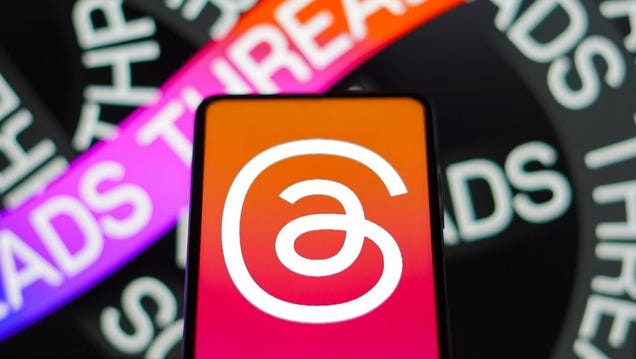
Threads search is blocking terms like “Covid,” “vaccines,” “long Covid,” and others, but it is reportedly only temporary according to Instagram’s head, Adam Mosseri.
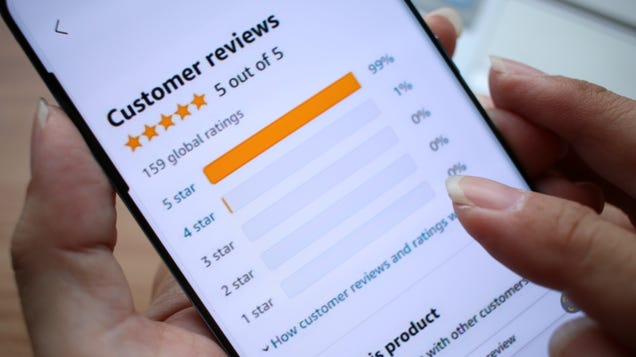
The marketplace of the internet has turned into a game of Russian roulette as platforms providing everything from household goods to airline tickets are becoming less trustworthy with the rise of fake reviews. Now, the heavy hitters of online commerce are joining forces to put an end to fake reviews.
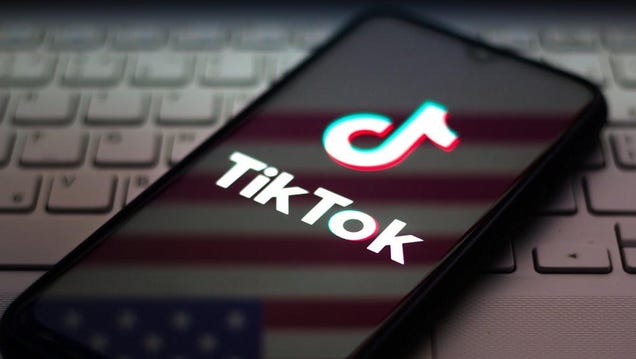
Regulators in the EU sent letters to Meta, TikTok, and X/Twitter Thursday, giving the platforms 24 hours to address misinformation and other “illegal” content related to the Israel-Hamas war. It’s hard to say exactly what’s happening on these platforms, however, especially when it comes to the algorithmically defined…

It’s all too easily done—you tap in the wrong place or on the wrong thumbnail, and suddenly that special photo has disappeared from your gallery. Even worse, you might not even notice straight away, which means that at some point further down the line you’re going to be frantically looking for a picture that you know…
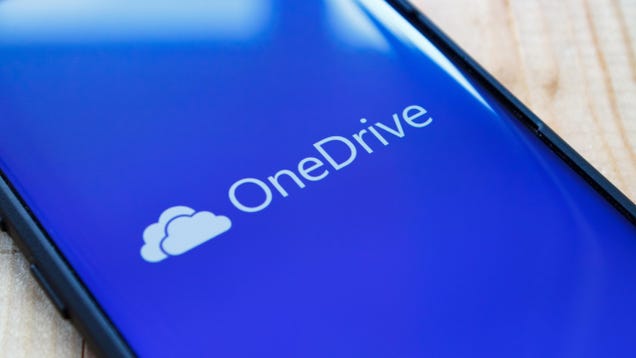
Hell hath no fury like a customer scorned, and Microsoft is now learning that. After the tech company recently imposed storage limits for photos in a user’s OneDrive account, Microsoft has now reversed course after receiving a barrage of backlash.

On Tuesday, the Wall Street Journal reported that Meta plans to charge European users $17 a month for an ad-free version of Instagram and Facebook.

Meta’s bread and butter has long been its user-centric targeted ad business, but European regulations are forcing the company to rethink how it can monetize its ostensibly free social platforms. The answer? Make users pay up if they prefer not to let their data be used to sell them products.